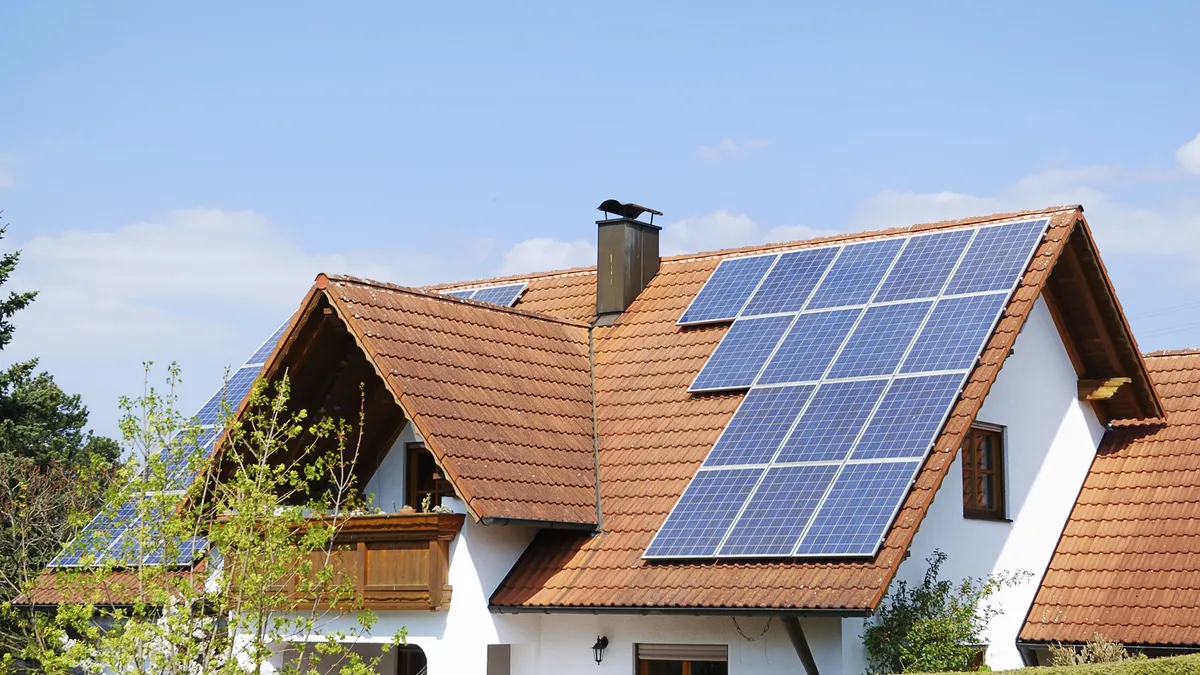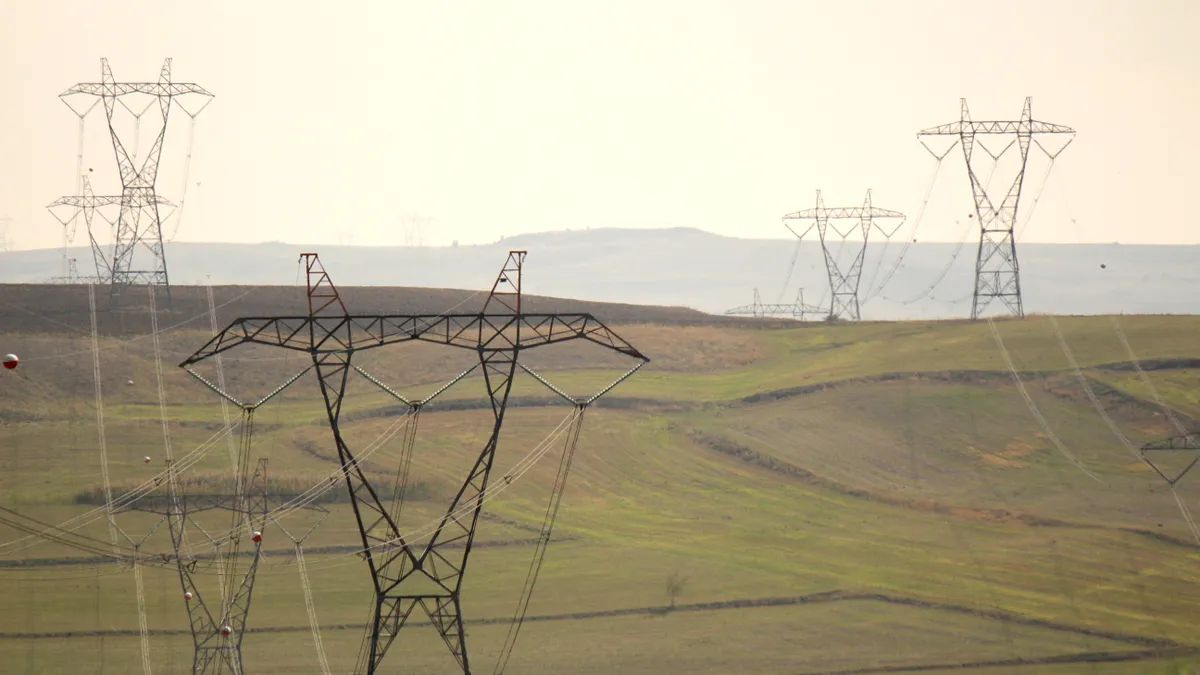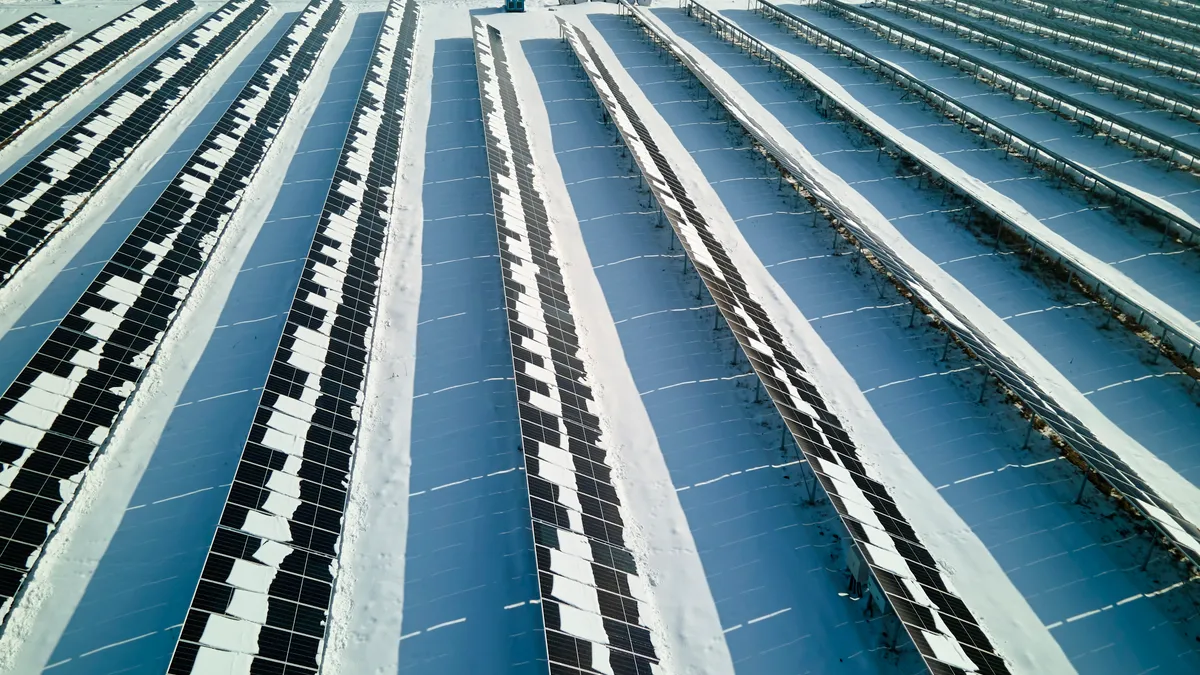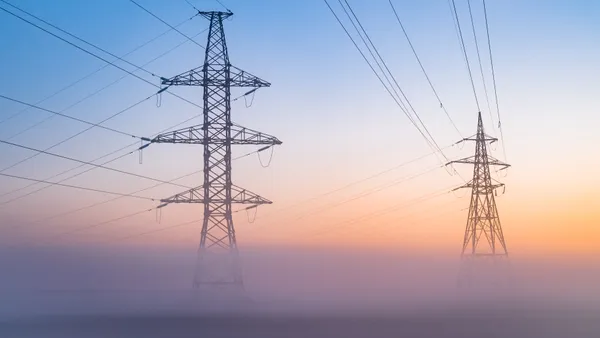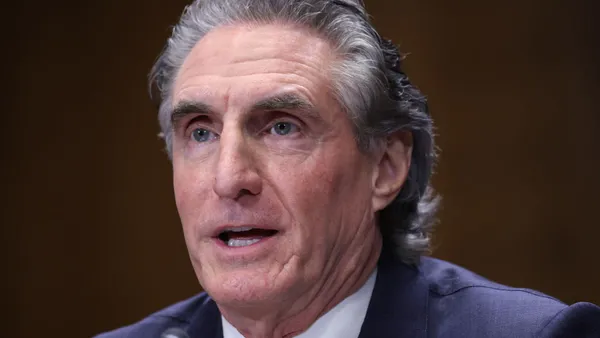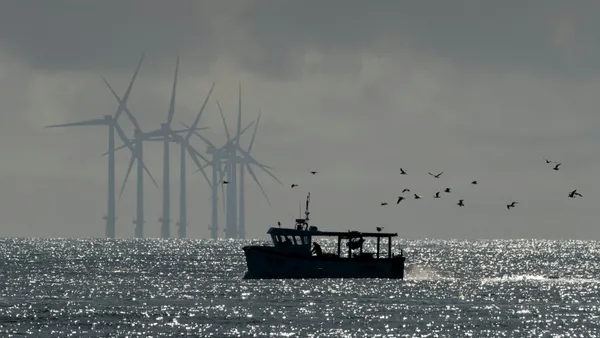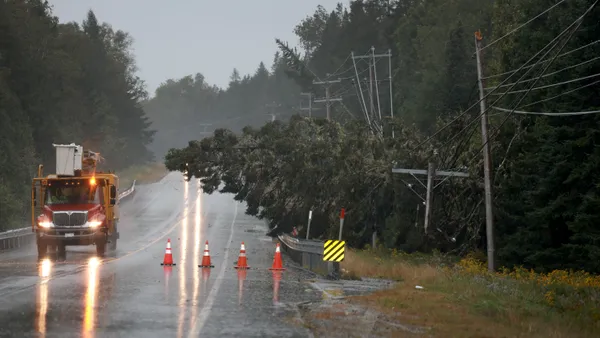Dive Brief:
- The Washington House of Representatives last week approved HB 2346, a bill to reauthorize the state’s solar production tax credit, by a 77-20 vote. The bill now goes to the state’s Senate. If it is not extended, new applications from homeowners and businesses for the credit will not be accepted after July 1.
- The bill would extend the tax credit program, originally enacted in 2005, until 2021. It provides per-kWh tax credit remuneration to solar owners at varying rates and offers extra benefits for the use of Washington state-manufactured components, according to bill sponsor Rep. Jeff Morris.
- The bill would also extend the expiration date of tax credit program that funds utility payments to customers who generate renewable energy. The legislation would replace that program with a new production incentive after June 2016 with a different eligibility and rate structure.
Dive Insight:
The state intent of HB 2346 is to reduce dependence from fossil fuels and benefit the state’s economy and job growth through investment in the development and use of renewables, according to the bill's text.
The bill applies tax credits to utility-scale, residential and community shared solar installations and is expected to help get the state to 200 MW of installed solar capacity by 2020.
To protect and extend funds budgeted for the program, the tax credit steps down annually from 2016 to 2020 for new installations but guarantees new customers the rate assigned when they enter the program for ten years, according to solar installer Artisan Electric. The bill also increases the credit for purchasing in-state manufactured components.
The credit amount for residential systems of 12 kW or less and for community solar participants starts at $0.13/kWh in 2017. It starts at $0.08/kWh for systems larger than 12 kW. All rates decline by approximately $0.02/kWh annually. The credit for Washington-manufactured solar modules starts at $0.05/kWh in 2017 and drops to $0.04/kWh in 2019.
The bill would also boost subsidy payments to utilities that allow them to pay out the solar incentive money to their customers. The current incentive program caps those payments to utilities at $5,000 per year for five years, but The Columbian reports that about a dozen utilities in the state have hit that limit and have been unable to continue providing solar incentive money to their customers, decreasing solar installations in the state.
The new bill would increase the yearly per-utility cap on those payments to 2% of the utility's taxable power sales in 2014, or $250,000, whichever is greater.
The bill is set for a hearing in the Washington Senate on Wednesday, Feb. 24.


